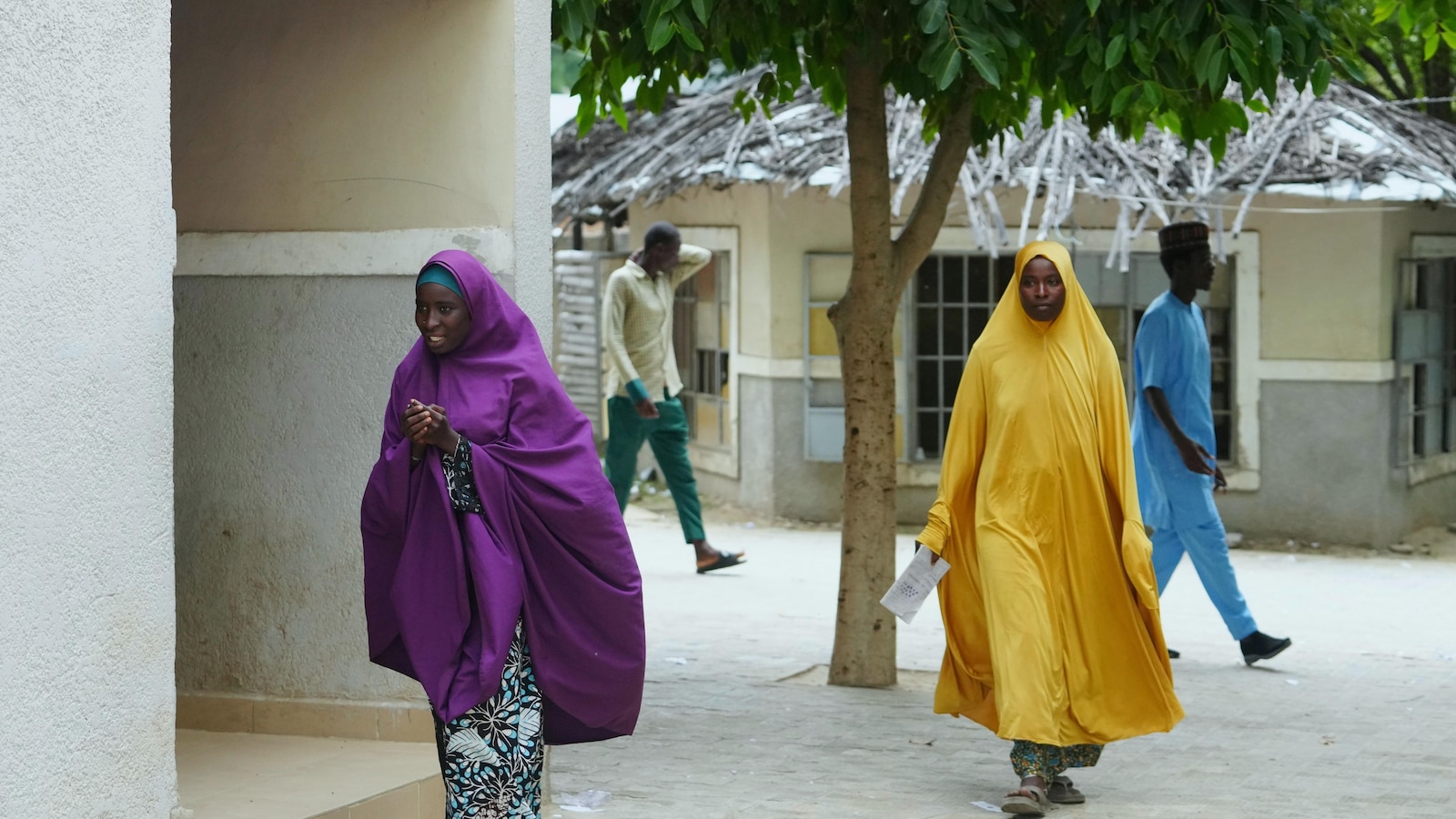ARTICLE AD BOX
Anne SoySenior Africa correspondent, BBC News
An extensive earthen wall is being built around the besieged Sudanese city of el-Fasher and is intended to trap people inside, according to research from Yale University.
From satellite images, the university's Humanitarian Research Lab has identified more than 31km (19 miles) of "berms" - as the raised banks are known - constructed since May in territory outside the city occupied by the paramilitary Rapid Support Forces (RSF).
El-Fasher, under siege for more than a year, is the last major foothold in Darfur for the army, which has been battling the RSF since April 2023.
The Sudan Doctors Network has told the BBC the RSF is intensifying its offensive there and deliberately targeting civilians.
"Yesterday there was a shelling in a civilian area down in the city centre that ended up killing almost 24 civilians and injuring 55 people, among them five women," Dr Mohamed Faisal Hassan, from the medics association, told the BBC's Newsday programme.
The attacks on the central market and a residential area were "deliberate" and "heinous", he said.
"Three days ago they targeted one of the biggest hospitals in el-Fasher and resulted in a massive massacre of patients and medical staff."
- Sudan war: A simple guide to what is happening
- 'Our children are dying': Rare footage shows plight of civilians in besieged Sudan city
BBC Verify says both sides in the conflict have been using berms as a defensive strategy.
But the analysis by Yale's Humanitarian Research Lab (HRL), which has been closely monitoring the conflict, suggests that the RSF "is creating a literal kill box around el-Fasher".
The HRL traced the construction of the earthen walls on to a map of el-Fasher (above):
- Green line: 9km constructed between 14 and 24 July 2025 (the satellite images show Alsen village in this stretch)
- Yellow line: 6km constructed between 3 and 19 August 2025
- Blue line: 7km constructed between 5 May and 12 July 2025
- Red line: Currently 9km with construction ongoing between 13-27 August 2025.
The HRL report notes that the physical boundary deepens siege conditions and control of who and what can enter or leave the city, where about 300,000 people live.
Since the conflict erupted, RSF fighters and allied Arab militia in Darfur have been accused of targeting people from non-Arab ethnic groups.
"Some civilians are trying to escape the city but sadly they are being targeted and killed by the RSF forces," Dr Hassan said.
The RSF has previously denied charges of targeting civilians and carrying out ethnic cleansing.
The berms complicate things for civilians trying to flee or those seeking to bring in food, medicine and other essential items.
Humanitarian organisations have been unable to access el-Fasher for months and the remaining civilians are enduring constant bombardment, food scarcity and difficulties in accessing medical care.
Escape for many is impossible.
"We have no money," 37-year-old Halima Hashim, a schoolteacher and mother of four, told the AFP news agency.
Staying behind was like a slow death, but "leaving is dangerous", she said.
With the construction of the physical wall, the HRL report notes that the RSF has also "determined the tactical conditions necessary" for the defeat of the army division based there.
El-Fasher's fall would mean that the RSF fully controls the western region of Darfur.
Observers warn that such a scenario could potentially lead to a partitioning of the country as the warring forces have each appointed their own governments.
According to Yale's HRL, the construction of the earthen wall is ongoing.
The researchers observed a 22km berm, which formed a semicircle from the west to the north of the city.
Another approximately 9km of the wall extended both north and south from a major road in the east.
A segment of the berm constructed through Alsen (shown in the satellite images above) appears to show that the majority of the village was destroyed between 20 May and 6 July.
It also identified damage from RSF bombardments to a crucial water treatment facility near the airport, where the army is based.
The researchers believe the plant is still operational in spite of the damage.
Adeeb Abdel Rahman Youssef, a former governor of central Darfur State, appealed to the UN Security Council to protect the civilians of el-Fasher.
The ex-politician currently works with the NGO People to People, which has a presence in el-Fasher.
"The civilian population in el-Fasher is paying the heaviest price. There is no one to protect them," he told the BBC World Service.
Additional reporting by the BBC's Wycliffe Muia and Lucy Fleming.

 7 hours ago
10
7 hours ago
10







 English (US) ·
English (US) ·